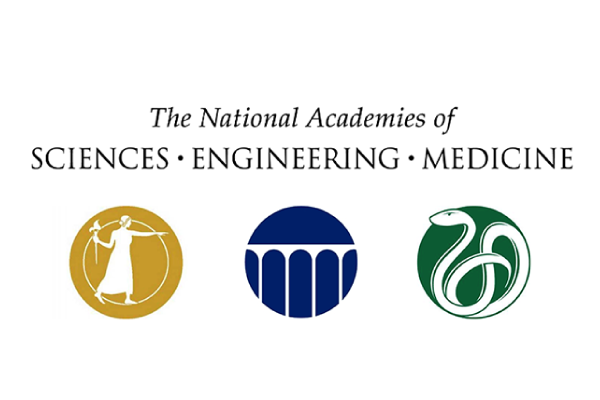New Guidance on Encouraging Protective COVID-19 Behaviors Among Students
Help prepare for the spring 2021 semester with this National Academies report

The National Academies of Sciences, Engineering, and Medicine, through its Societal Experts Action Network (SEAN), released a new rapid consultation report titled Encouraging Protective COVID-19 Behaviors Among College Students to provide guidance for the 2021 spring semester. This report, coauthored in part by APS Fellows Elizabeth Cauffman (University of California Irvine) and Adriana Galván (UCLA), aims to assist administrators and local governments as they attempt to prevent the spread of COVID-19 on college campuses and their surrounding communities.
The report recommends five key habit-promoting strategies, including:
- Making a behavior easy to start and repeat
- Making a behavior rewarding to repeat
- Tying a behavior to existing habits
- Providing alternatives to unwanted behaviors
- Providing specific descriptions of desired behaviors are strategies that campus leaders can employ to make it more likely that protective behaviors will become habitual for students
Providing students guidance on maintaining their own health and the health of their “social pods,” as well as tying mask wearing to phone use, are a few examples of ways named by the report in which universities can encourage desired behaviors.
The report further explores communication strategies for promoting behaviors, which include avoiding repeating information even if it is to debunk it, tying behaviors and identity to campus affiliations, and framing/tailoring messaging for the audience (a list of all 10 strategies can be found in the report). The report also reviews how COVID-19 has affected college campuses and provides a brief student perspective.
The report notes that many adolescents are socially driven and desire reward and acceptance. Identity, autonomy, exploration, and risk are important and normal parts of development, which make the five habit-promoting strategies important to look to as universities aim to create safe spaces for the spring 2021 semester.
More resources from the study can be found on the study’s information page, here.




